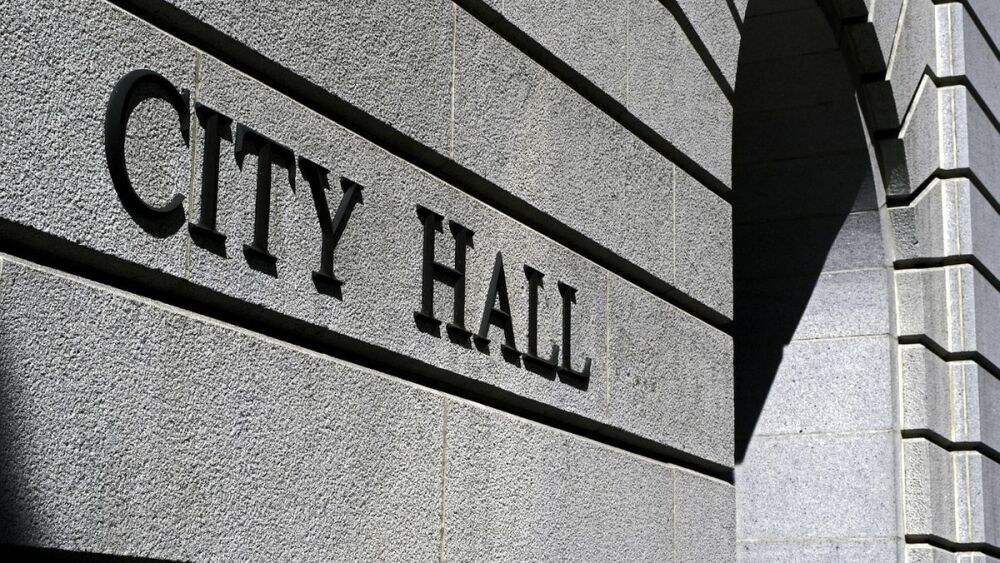By Saki Knafo
The Atlantic
One of the questions at the heart of the national debate over race and policing is why minorities are routinely arrested for petty offenses—drinking on the sidewalk, hanging out in the park after it closes, driving with a suspended license. One reductive explanation for these arrests is that there’s simply more crime in predominantly black and Latino neighborhoods. Another is that cops stereotype minorities as miscreants. But what if some of these arrests are motivated by something more official?
That’s what a class-action lawsuit filed by several cops against the New York City Police Department alleges. The lawsuit, which was filed four months ago, takes issue with the department’s alleged implementation of quotas for arrests and court summonses. Such quotas are prohibited in New York, as well as in several other states, but the NYPD, the plaintiffs maintain, nevertheless holds officers to monthly goals for making arrests and writing tickets.
The plaintiffs’ complaint carries troubling implications. As police officers, after all, they have great authority over the lives of other Americans. But their fundamental concern—how a focus on metrics can distort a job’s larger purpose—is not unique to police work. America’s workers are being monitored more and more closely by their managers. The number of hours worked, number of meetings attended, and even preferred Internet browser can be used to extrapolate productivity, possibly leading to an overemphasis on work that is quantifiable, to the exclusion of work that isn’t. The collection of data isn’t inherently problematic, but it does run the risk of fostering a system that rewards cops for filling jails without necessarily reducing violent crime or helping the community at large.
The problem, the plaintiffs say, is that police commanders will often try to appease the department’s top brass by pushing their officers to make more arrests in poorer, minority neighborhoods. While there are often higher rates of serious crime in these areas, a quantitative approach means that police face pressure to respond to such crimes by arresting people for trivial reasons—or for no reason at all. If the cops don’t fulfill their quotas, according to the plaintiffs, their superiors penalize them, denying their vacation requests, assigning them to midnight shifts, or limiting their hopes of getting promoted.
Read full coverage here.


